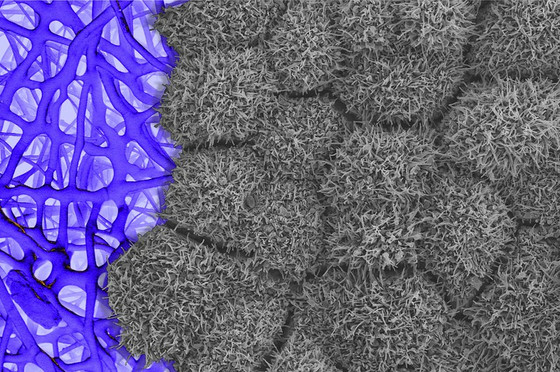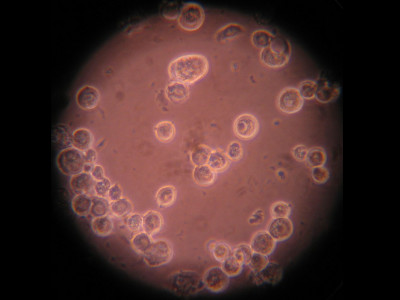OpenAI develops protein design model 'GPT-4b micro,' aiming to redesign proteins involved in iPS cells

OpenAI has announced that it has collaborated with biotech startup
Our Applied AI team at @RetroBio_ + some @OpenAI homies working together for a few months have created GPT4b-micro, a sequence-based model for, among other things, protein design!
— José Luis Ricón Fernández de la Puente (@ArtirKel) January 17, 2025
OpenAI is trying to extend human life, with help from a longevity startup | TechCrunch
https://techcrunch.com/2025/01/17/openai-is-trying-to-extend-human-life-with-help-from-a-longevity-startup/
OpenAI Partners with Retro Biosciences to Engineer Stem Cell Proteins with AI
https://www.maginative.com/article/openai-partners-with-retro-biosciences-to-engineer-stem-cell-proteins-with-ai/
Retro Biosciences is a company that aims to 'extend healthy human lifespans by 10 years' and develops treatments to effectively improve age-related diseases. It was founded with an investment of $180 million (about 28 billion yen) from OpenAI CEO Sam Altman.
One of the themes being researched by Retro Biosciences is the Yamanaka factors . The Yamanaka factors are a group of genes discovered by Professor Shinya Yamanaka of Kyoto University, who was awarded the Nobel Prize in Physiology or Medicine for his research on iPS cells, and consist of four genes that induce cell initialization: Oct3/4, Sox2, Klf4, and c-Myc. Introducing these genes into somatic cells induces iPS cells that have been reset to an undifferentiated state.

by NIH Image Gallery
However, one of the Yamanaka factors, a gene called c-Myc, plays a role in efficiently creating iPS cells, but there is a problem in that the created iPS cells have a high risk of becoming cancerous. However, removing c-Myc reduces the efficiency of creating iPS cells, so scientists around the world are researching new Yamanaka factors.
GPT-4b micro is a model trained on protein sequence and interaction data to design proteins that enhance the function of proteins expressed from Yamanaka factors. In fact, the protein proposed by GPT-4b micro in preliminary tests increased the efficiency of iPS cell production by about 50 times.
Joe Betts Lacroix, co-founder of Retro Biosciences, said, 'GPT-4b micro has produced results faster and better than human-led studies. GPT-4b micro has also suggested bold changes to the amino acid sequence of proteins, sometimes changing a third of the entire sequence, which is a scale that would be impossible to achieve with conventional research methods.

In addition, OpanAI and Retro Biosciences have promised to release the results of their research, including GPT-4b micro, but the timing of release is unclear at the time of writing. The model will not be made widely available, and at this stage it will only be a demonstration of its functionality.
Related Posts:
in Science, Posted by log1i_yk







